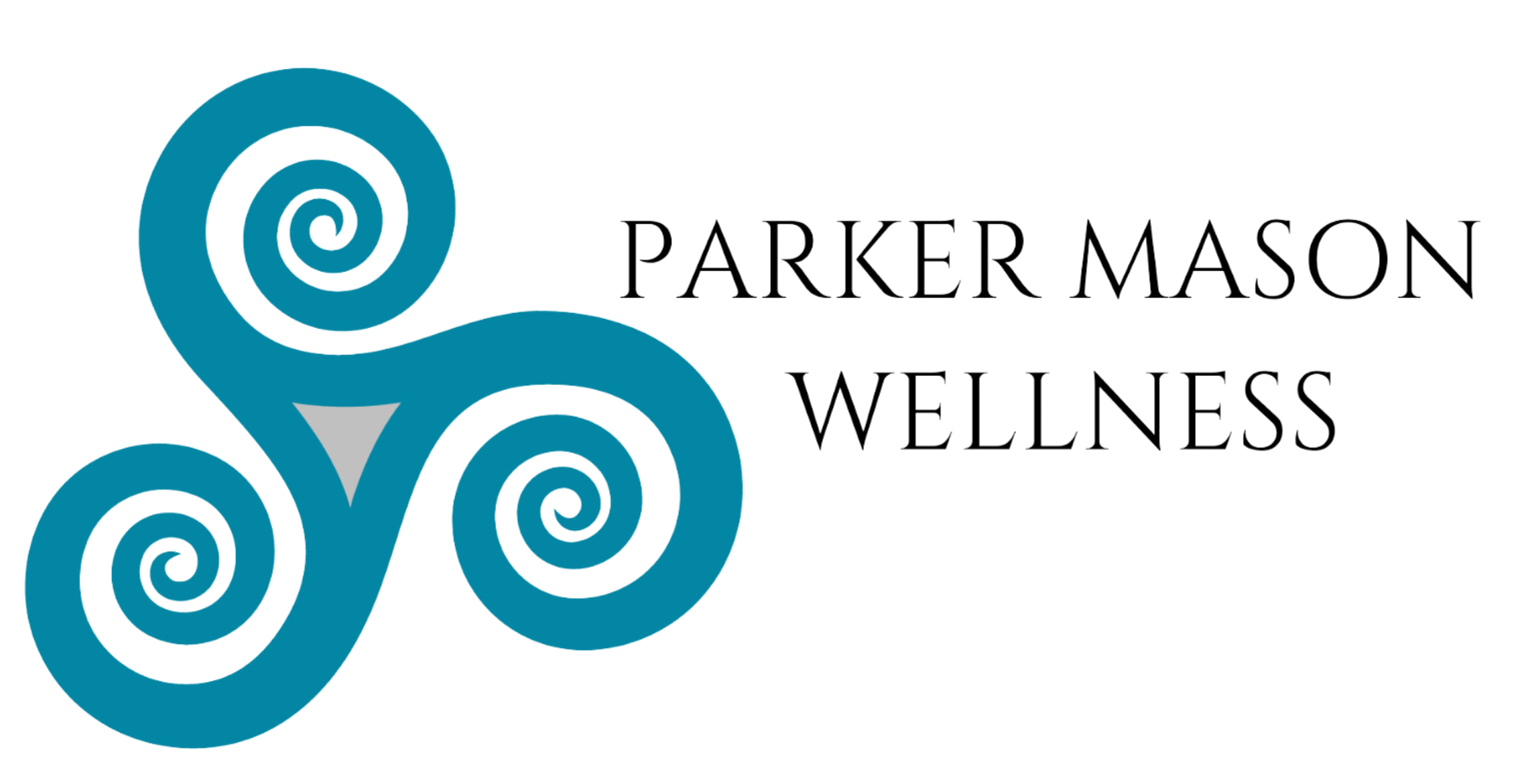Thyroid Series, Part 1:
Do you ever feel like something is wrong with your body but you cannot explain why?
You are tired all the time. You forget things. You are gaining weight even though you eat the same. Maybe your skin feels dry and your hair is thinning. You might blame stress or getting older. But what if it is your thyroid?
What Is Hypothyroidism?
Your thyroid is a small gland at the base of your neck. It makes hormones that help control how your body uses energy. These hormones affect nearly every system in your body.
When your thyroid is not making enough hormones, it is called hypothyroidism. This slows everything down. Your metabolism slows. Your digestion slows. Your brain feels foggy. Your mood can shift. Your body just does not feel like itself anymore.
Common Symptoms of Hypothyroidism
 Hypothyroidism symptoms can show up slowly over time. Many people do not notice them at first. Here are the most common ones:
Hypothyroidism symptoms can show up slowly over time. Many people do not notice them at first. Here are the most common ones:
- Feeling tired even after a full night’s sleep
- Gaining weight without a clear reason
- Brain fog or trouble focusing
- Feeling cold when others are not
- Constipation
- Depression or low mood
- Dry skin
- Thinning hair
- Irregular periods
- Slowed heart rate
What Causes Hypothyroidism?
The most common cause is autoimmune thyroid disease, especially Hashimoto’s thyroiditis. This happens when your immune system attacks your thyroid by mistake.
But other things can cause hypothyroidism too:
- Inflammation in the body
- High cortisol from chronic stress
- Poor gut health
- Nutrient deficiencies like iodine, selenium, or zinc
- Past thyroid surgery or radiation
- Some medications
Let’s take a closer look at inflammation and cortisol, because they play a big role for many people.
How Inflammation Affects the Thyroid
Chronic inflammation can confuse your immune system. Instead of protecting you, it may start attacking your own tissues. When this happens to the thyroid, it becomes inflamed and damaged. Over time, it cannot keep up with your body’s needs.
Inflammation also makes it harder for your cells to use thyroid hormone properly. So even if your thyroid is making enough hormone, your body may not feel it.
Cortisol and Thyroid Hormone
Cortisol is your stress hormone. It helps you deal with danger. But when stress becomes a daily thing, cortisol stays high. This can slow down the thyroid and make symptoms worse. High cortisol lowers the signal from your brain that tells the thyroid to make more hormone. It can also block the conversion of T4 into T3, the active form of thyroid hormone.
Your thyroid does not work alone. It is connected to your brain, your gut, your immune system, and your stress response. When one system is out of balance, the others feel it too.
Don’t let fatigue, brain fog, or weight struggles hold you back. Discover what your thyroid is really telling you.
- Schedule your FREE Consultation with Parker Mason Wellness today.
Next up: How do you know if you have hypothyroidism? In Part 2, we will talk about the lab tests that really matter and why you need more than just a TSH check.






